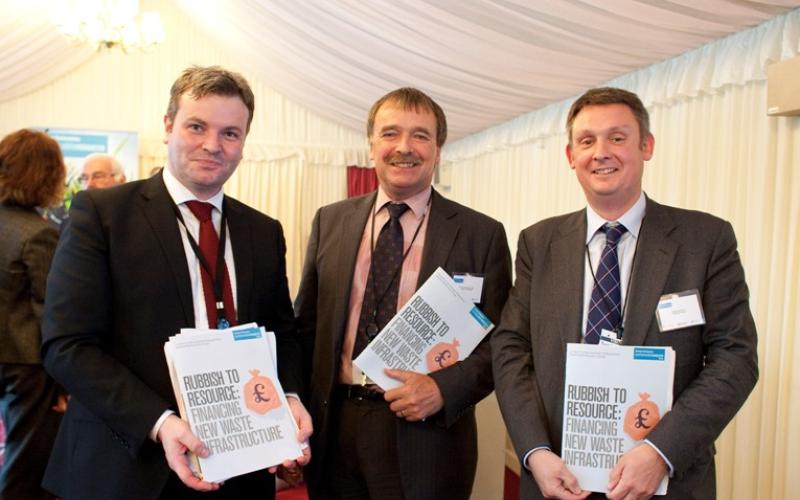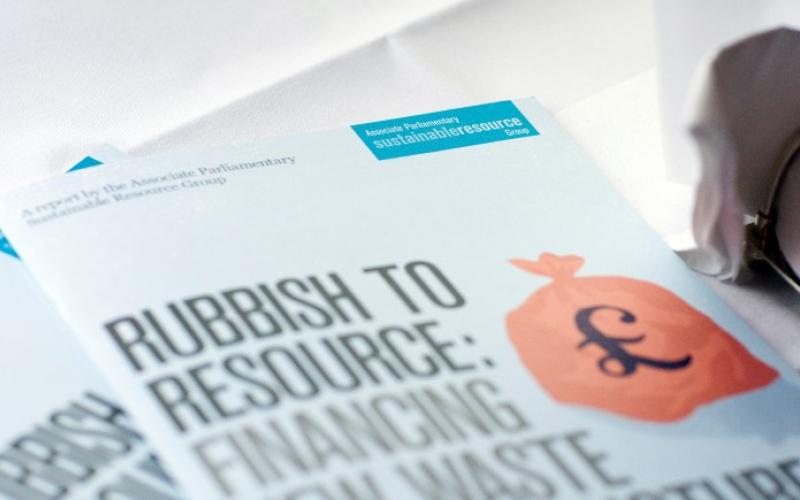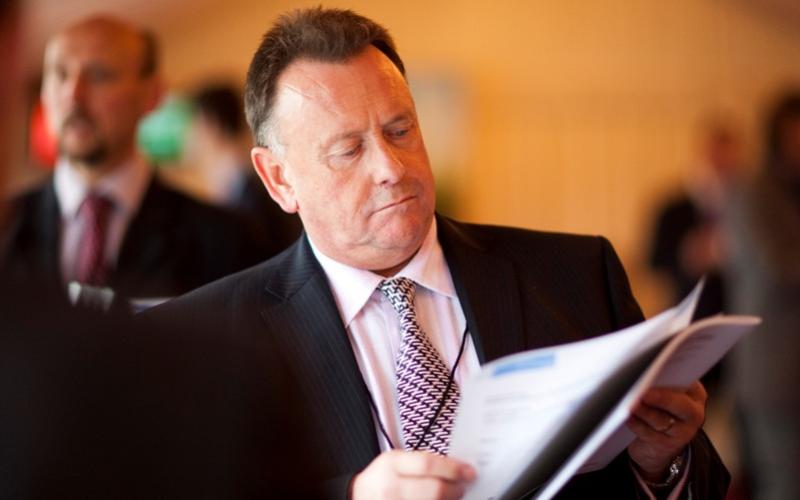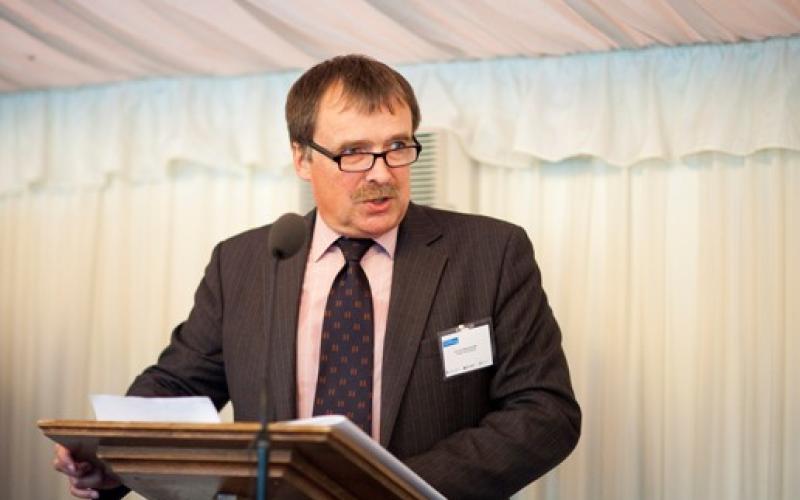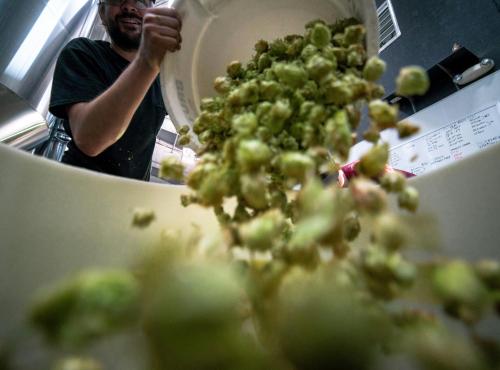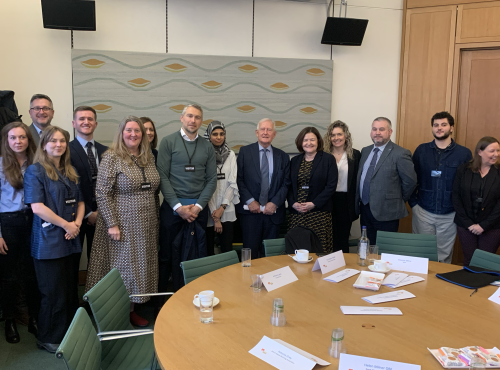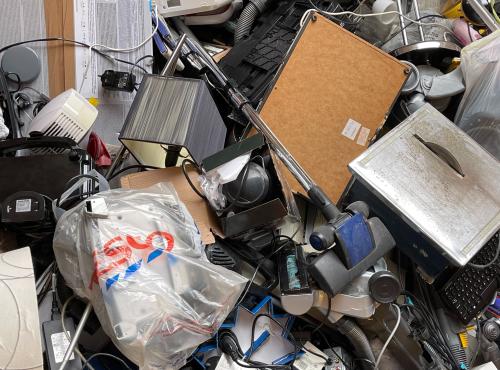Report: Rubbish to Resource - Financing New Waste Infrastructure
In September 2011, the APSRG launched the findings of its inquiry into the financing of waste infrastructure, Rubbish to Resource: Financing New Waste Infrastructure. This report examined the challenges and barriers to financing new waste infrastructure, and how best to overcome the risk associated with lending, specifically in the waste market. The project identified policy measures that could be implemented, as well as possible fiscal, regulatory and legislative incentives that could be used to secure investment in waste infrastructure.
The report was launched in the House of Commons by Jamie Reed MP, then Shadow Minister for Environment, Food and Rural Affairs.
Jamie Reed MP commented:
'I would like to pay tribute to the APSRG and their work on this report..its findings need to be acknowledged and actions should surely follow was a result'.
While Dr Alan Whitehead noted:
'8billion is going to be needed in investment in plant and handling facilities and in recycling and reprocessing and closed-loop facilities; that investment will have to go on £15billion by 2030.. and the question of where that comes from, what barriers there are, whether people will actually lend as far as the risks that are very clearly set out in this report are concerned is a further major issue.
Background
The UK needs to invest in waste management infrastructure immediately.
£8 billion is required by 2020 if the UK is to manage its waste sustainable and effectively, meeting and exceeding EU and domestic landfill diversion targets.
By 2030, £15 billion must be invested in the waste sector overall.
Despite the Government’s assertion that there will be enough merchant facilities in combination with Private Finance Initiative (PFI) and Public Private Partnership (PPP) projects to meet European targets, there have been questions about the robustness of the calculations that have been used.
Constraints on public sector spending, the fall in bank in bank lending, the inherent risk in waste infrastructure projects and regulatory and policy uncertainty are together, hindering the necessary investment in new waste infrastructure projects. To overcome these barriers, an approach is needed where policy and investor certainty and risk mitigation is provided to ensure that the necessary investment is made.
Report findings
The report, Rubbish to Resource: Financing New Waste Infrastructure, attempts to address and overcome these barriers by outlining how the bankability of waste infrastructure projects can be improved.
The report’s recommendations have been designed to target central government, local authorities, the waste industry and the finance community. If successfully implemented, the recommendations will stimulate the necessary investment in waste infrastructure. They provide solutions to ensure that the necessary waste infrastructure capacity would be built and a range of options which would increase the deliverability of waste infrastructure projects. As a consequence, such recommendations would help the UK to move beyond fulfilling European targets and to fully value waste as a resource.
